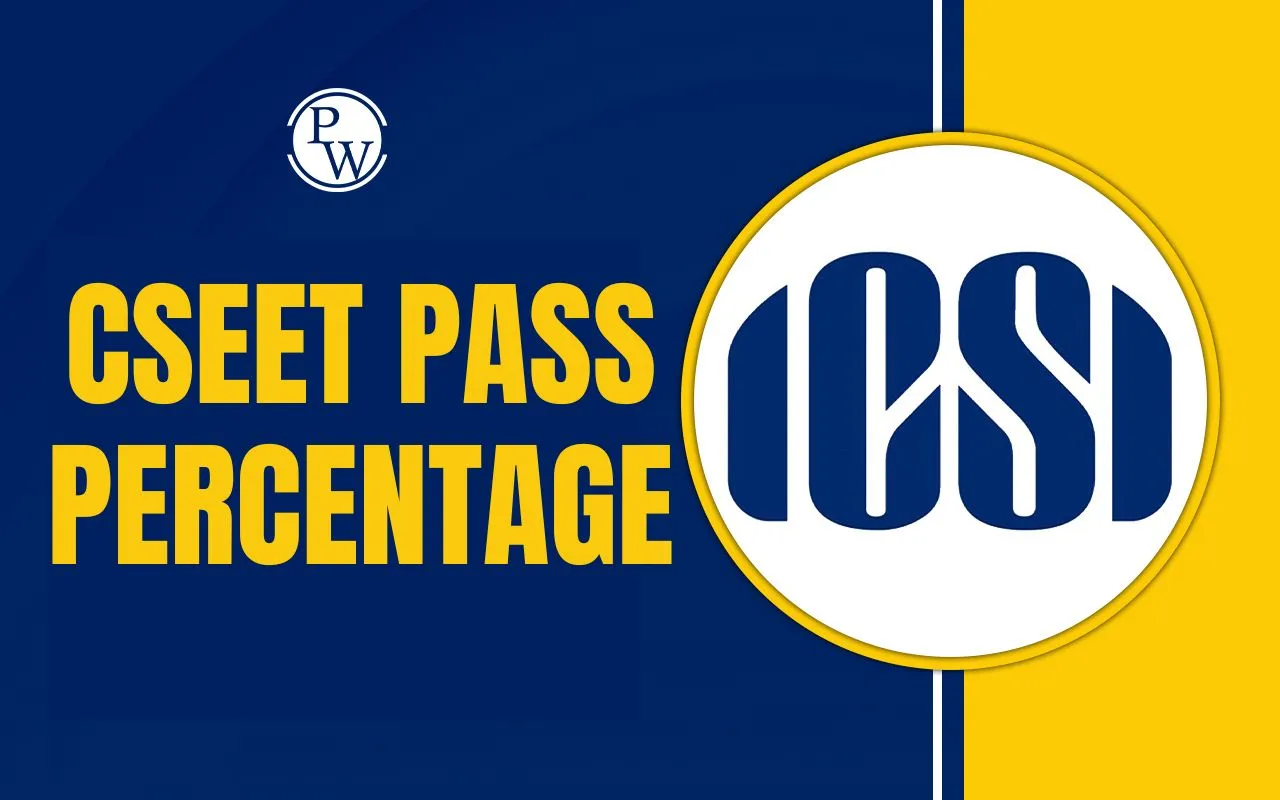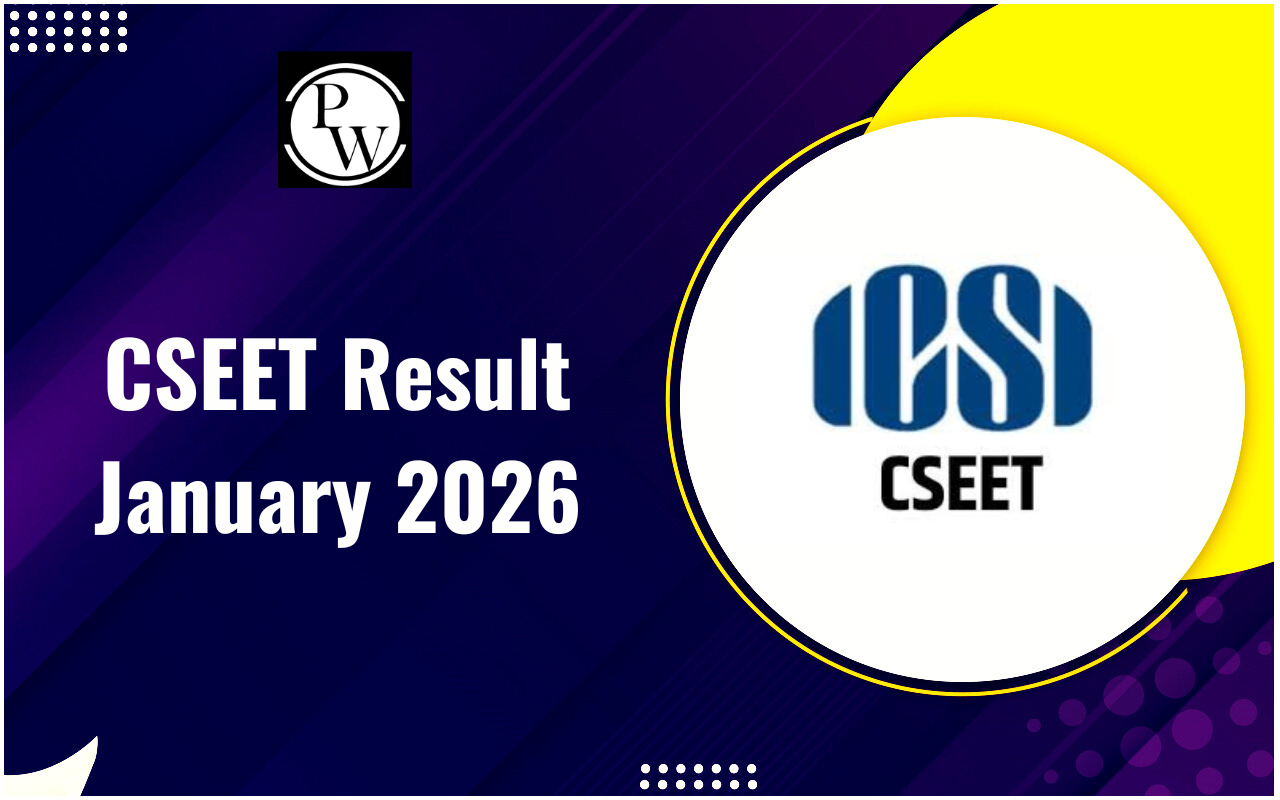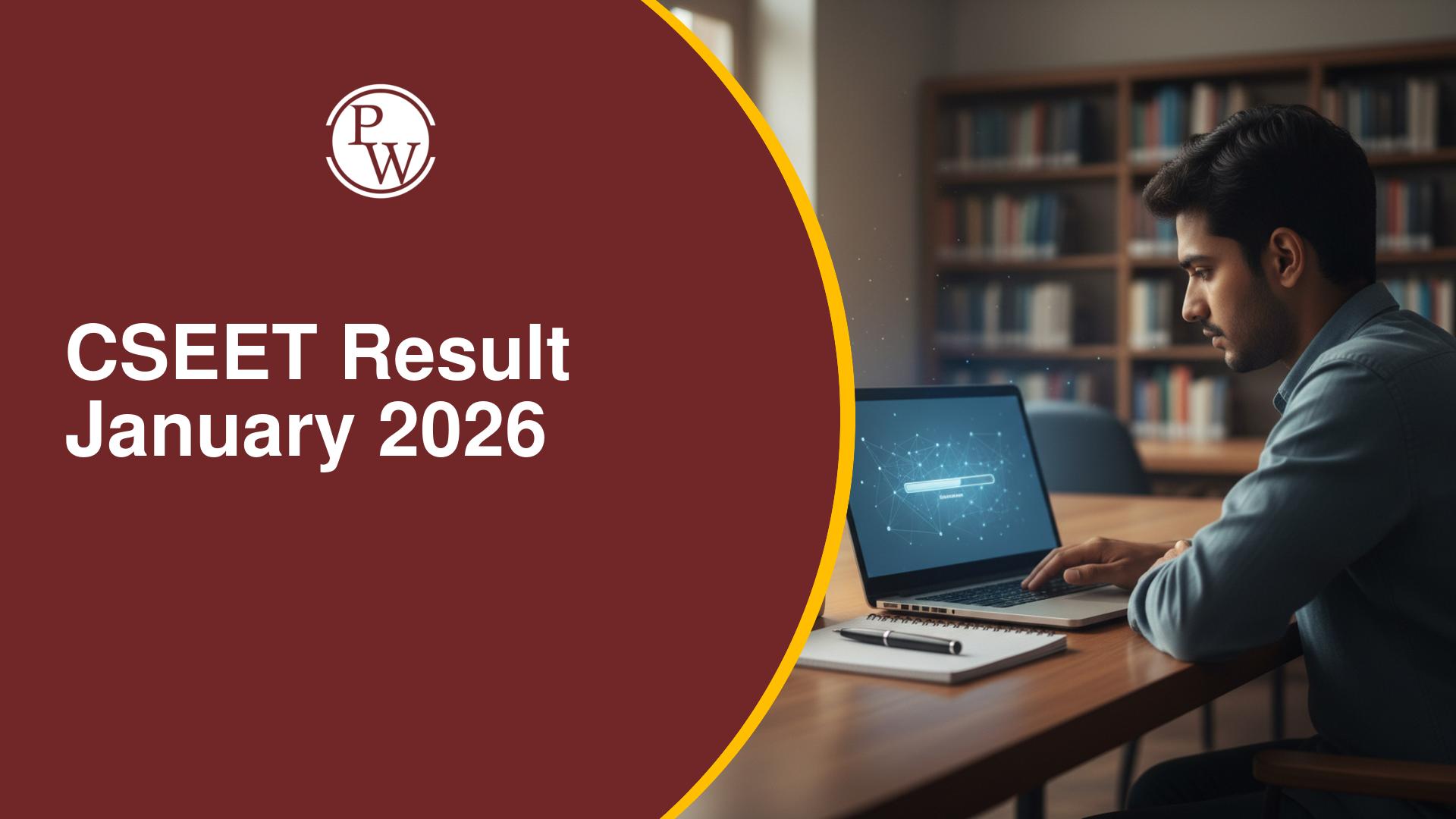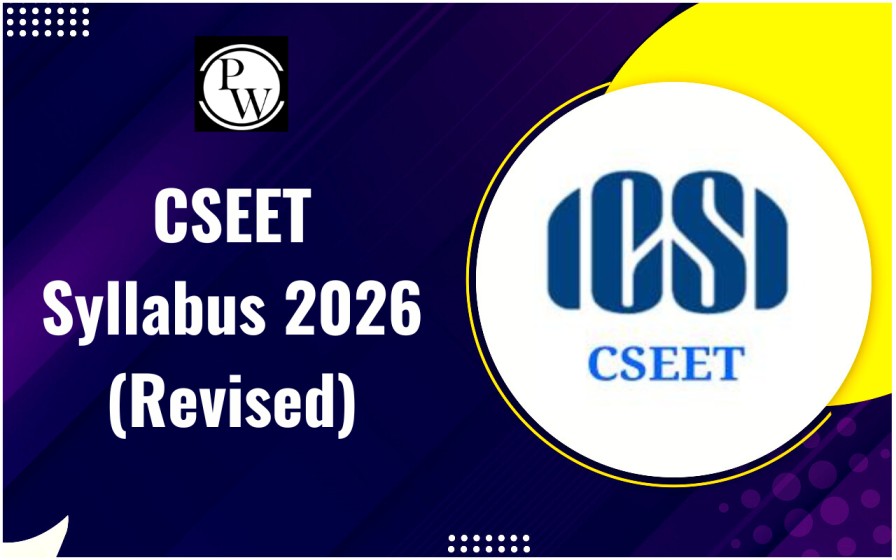
CS Professional Open Book Exams: The CS Professional Open Book Exam is a unique format where candidates can bring reference materials to the examination hall. However, scoring high in these exams requires more than just carrying books. It demands analytical thinking, structured answers, and efficient time management. If you are preparing for the ICSI CS Professional Open Book Exam, this article will help you understand the best strategies to maximize your scores.
What is an Open Book Exam?
An open book exam is an examination format where students are allowed to bring books, notes, and reference materials into the exam hall. Unlike traditional exams that test memorization, open book exams focus on applying knowledge, analyzing case studies, and solving problems based on conceptual understanding. These exams require students to comprehend legal provisions, analyze case laws, and use their problem-solving abilities effectively.
Understanding the Open Book Exam Format
Unlike traditional exams, open book exams assess a candidate's ability to interpret, analyze, and apply knowledge rather than just recall facts. The CS Professional Open Book Exam primarily includes subjects like Elective Papers, where students must use legal provisions, case laws, and professional expertise to frame their answers.
Key subjects under the open book format include:
- Banking Law and Practice
- Insurance Law and Practice
- Intellectual Property Rights – Laws and Practices
- International Business Laws and Practices
- Capital, Commodity, and Money Market
- Insolvency – Law and Practice
Key Challenges of Open Book Exams
Time Management: Searching for answers in books consumes time.
Answer Structuring: Merely copying from books doesn’t guarantee good marks.
Critical Thinking: Examiners expect an analytical approach, not just theoretical content.
Effective Material Usage: Bringing too many books can lead to confusion instead of clarity.
Strategies to Score High in CS Professional Open Book Exams
Below we’ve mentioned the strategies to score high in CS Professional Open Book Exams:
Choose Your Study Materials Wisely
Although it’s an open book exam, you don’t need to carry multiple books. Instead, organize your resources efficiently:
Bare Acts and Legal Texts: Essential for referring to legal provisions.
ICSI Study Material: A go-to reference for understanding key concepts.
Self-Prepared Notes: Summarized notes help in quick revision.
Case Laws and Judgments: Relevant case laws improve answer credibility.
Master the Art of Quick Reference
Time is a crucial factor in open book exams. You should know where to find the required information quickly. Here’s how:
Use sticky notes and bookmarks for quick navigation.
Highlight important sections in books.
Prepare a table of contents for your reference materials.
Understand the Question Before Answering
Many students lose marks by writing irrelevant answers. Follow this structured approach:
Analyze the Question: Identify what is being asked—concept, case study, or opinion.
Break Down the Requirements: Understand whether it needs legal interpretation, analysis, or direct provisions.
Logically frame Your Answer: Start with an introduction, discuss legal provisions, analyze with case laws, and conclude effectively.
Focus on Analytical and Application-Based Answers
ICSI emphasizes analytical skills over rote learning. While answering:
Use Legal Provisions: Quote the relevant section from acts or regulations.
Include Case Laws: Citing precedents strengthens your answer.
Provide Practical Insights: Use industry examples to showcase application-based learning.
Practice Answer Writing Before the Exam
Writing answers in a structured manner is key to scoring well. Follow these steps:
Solve previous years' CS Professional Open Book Exam papers.
Use the ICSI suggested answers to understand the expected format.
Time yourself while practicing to improve speed and efficiency.
Improve Time Management During the Exam
Since looking up information can take time, follow a time-efficient approach:
Allocate time for each question based on marks weightage.
Don’t spend excessive time searching for answers—rely on prepared notes.
Attempt easier questions first to build confidence.
Keep Your Answers Concise and Well-Structured
Avoid lengthy, unorganized answers. A well-structured response should include:
Introduction: Briefly state the issue or question.
Legal Framework: Mention the relevant laws and provisions.
Analysis: Apply the law to the given situation with logical reasoning.
Case References: Cite case laws wherever applicable.
Conclusion: Provide a precise and justified conclusion.
Stay Updated With Latest Amendments
The CS Professional exams often test recent legal developments. Keep yourself updated with:
ICSI notifications and amendments.
Latest case laws and industry practices.
Changes in regulatory frameworks applicable to the subject.
Avoid Direct Copy-Pasting From Books
Examiners do not award marks for directly copying content from books. Instead, focus on:
Understanding and presenting concepts in your own words.
Providing insights based on your interpretation.
Structuring answers in a clear, well-explained manner.
Scoring high in CS Professional Open Book Exams requires more than just carrying books to the exam hall. A strategic approach, analytical thinking, effective time management, and well-structured answers are essential for success. By following these expert strategies, you can enhance your preparation and maximize your scores in the ICSI CS Professional Open Book Exams.
| CS Related Links | |
| How to Clear CS Professional in First Attempt? | CS Professional Registration |
| CS Professional Exam Date | ICSI CS Admit Card |
| CS Professional Eligibility Criteria | ICSI CS Exam Dates |
CS Professional Open Book Exams FAQs
Can I take any book to the CS Professional Open Book Exam?
How are answers evaluated in open book exams?
What should be my priority during last-minute revision?










